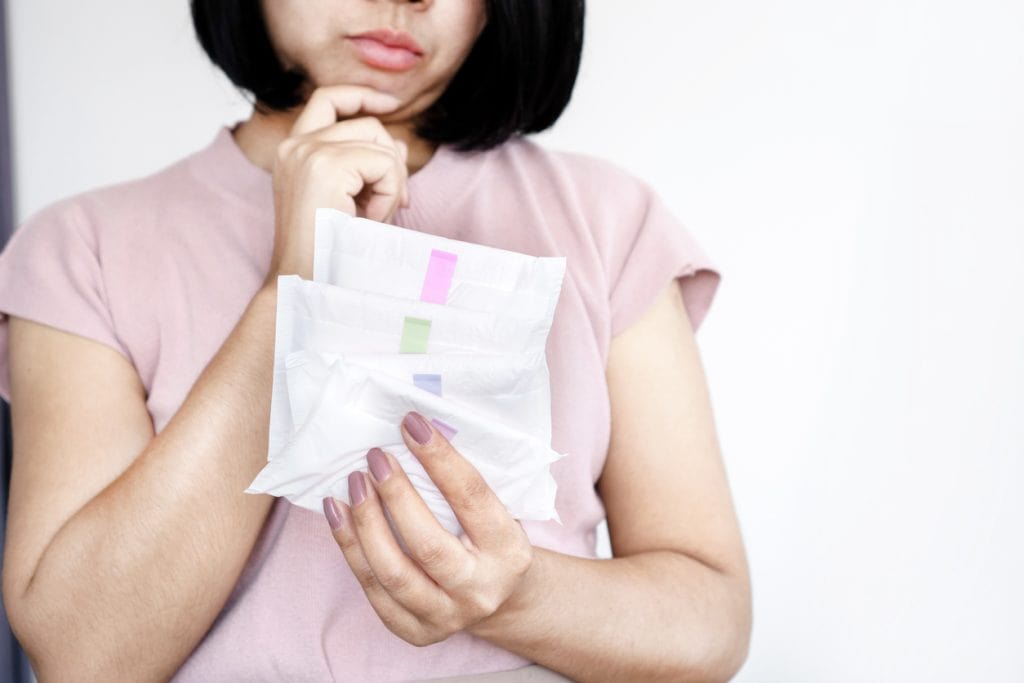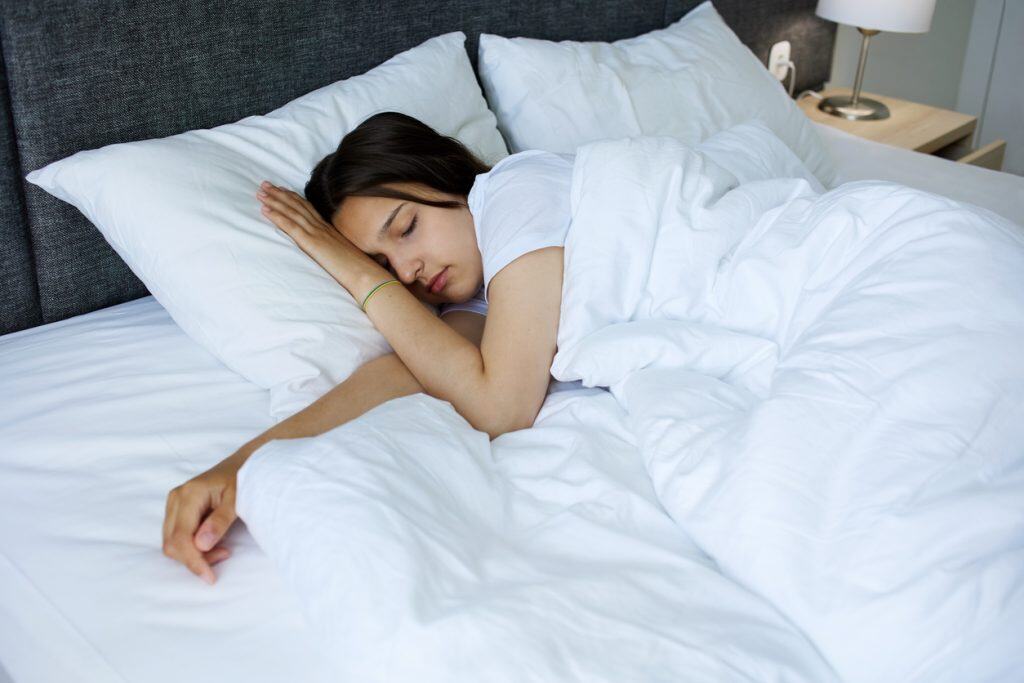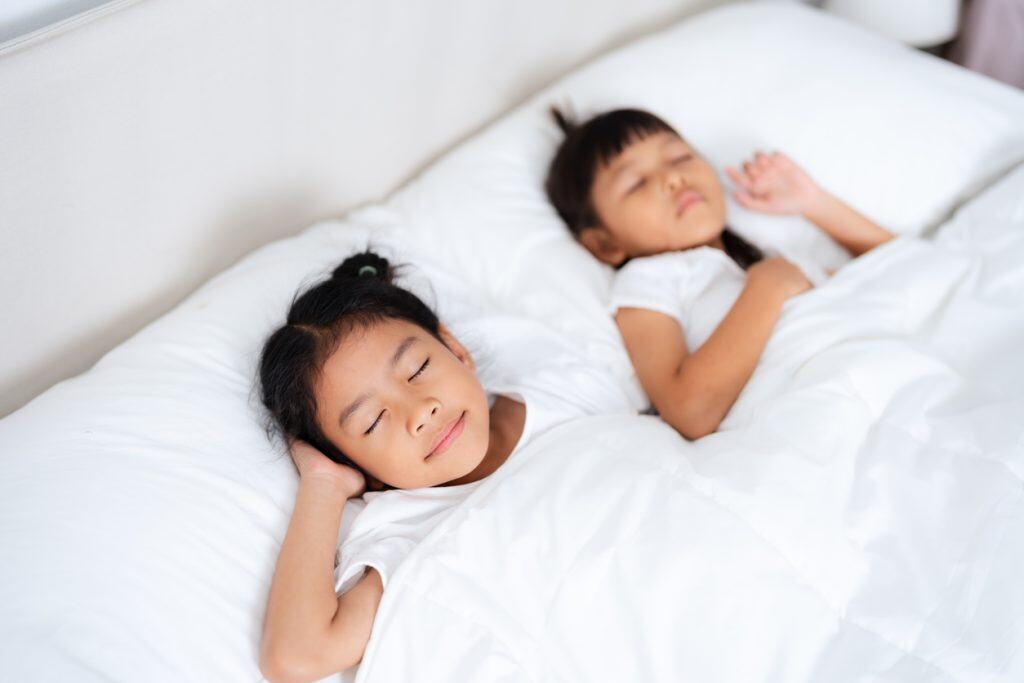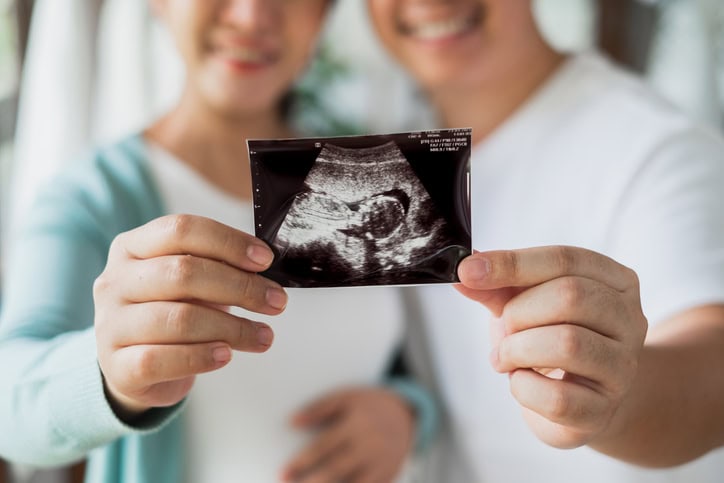Navigating puberty with your tweens or teens can be one of the most challenging experiences for families. This stage marks a period of significant physical, emotional, and social changes that can feel overwhelming for everyone involved.

Following makchic‘s latest Ask The Experts session on this topic, Consultant Obstetrician and Gynaecologist, Dr Jerilee Azhary, and Paediatric Surgeon, Dr Nadarajan Sudhakaran from Pantai Hospital Kuala Lumpur share valuable insights in response to common questions and concerns from parents.
Here are some of their key takeaways:
First Signs of Puberty

How do I prepare my daughter for her first period and the physical changes she might experience? What are some signs to look out for?
Dr Jerilee: As a child approaches puberty, they may start experiencing mood swings, and this may be related to Premenstrual Syndrome (PMS). Mood swings may be just one of the many symptoms of PMS. Other common PMS symptoms can include fatigue, bloating, breast tenderness, headaches, and abdominal cramps. For some young people, these symptoms can interfere with school, social activities, and self-esteem. Parental understanding and early support can make a significant difference.
Explain to your teenage daughter that PMS is a normal physiological response to hormonal changes that occur during the menstrual cycle. It is a common experience for many adolescents once menstrual cycles become ovulatory and hormonal fluctuations begin to stabilise.
Reassure your teenage daughter that it is not a sign of weakness or illness, and that most people learn to manage it effectively over time. Understanding the biological basis helps cope with the experience.
However, it is important to note that if PMS symptoms begin to interfere with your teen’s daily activities or overall well-being, professional medical advice should be sought.
What are the first signs of puberty in tween boys, and how do I talk to my son about this?
Physical and Emotional Changes
How do I help my child manage their rollercoaster of changing emotions?
Dr Jerilee: Teenagers may experience irritability, tearfulness, or low moods in the premenstrual phase. Encourage open communication and validate their feelings, rather than minimising them. Teaching positive coping strategies — such as relaxation, journaling, or quality time spent with family and friends— can foster emotional resilience.
Recognising predictable fluctuations in the menstrual cycle will allow for proactive management, such as planning lighter schedules, ensuring adequate rest, and prioritising self-care during the premenstrual phase. Not only that, but promoting healthy lifestyle habits can make a difference in minimising PMS symptoms, with balanced nutrition, regular physical activity, and sufficient sleep.
Regular meals that include complex carbohydrates, fruits, vegetables, and adequate hydration can help maintain stable blood sugar and energy levels. Exercise also promotes endorphin release, which supports mood regulation and pain relief.

Is 10 years old too young for a child to get acne and facial hair?
Dr Nadarajan: Some boys may start to have early signs of puberty. However, the majority would experience these changes in their early teens. What’s important is to support your boy, and inform him that these are natural changes. Good facial hygiene is important when it comes to managing acne, and shaving can be done according to how comfortable your child is with facial hair.
Developmental Checks

When is a good age to bring my pre-teen child in for a developmental check up?
Dr Nadarajan: As pubertal changes are natural and normal, there is generally no need to consult a doctor. For boys, these changes typically include growth in the size of the testicles and penis, increased hair growth, and greater skin secretions, which can make the face appear more oily. The armpits produce pheromones and oil, and these can lead to an overgrowth of bacteria, which causes body odour. You can address and explore ways to manage these issues together with your child, if they arise.
Dr Jerilee: If your child’s PMS is severe enough to cause school absenteeism, or to significantly affect their mood or daily function, then further assessment is warranted. Conditions such as premenstrual dysphoric disorder (PMDD) or other underlying issues (for example, anaemia, thyroid imbalance, or anxiety disorders) should be considered. Early intervention — through lifestyle guidance, counselling, or in some cases hormonal regulation — can greatly improve quality of life.
What are some puberty disorders or signs of abnormal puberty that I should be aware of?
Other Advice

My kids (boy 8, girl 5) and I sleep together in the same room. What is the right age for them to start sleeping separately?
Dr Nadarajan: Some parents, especially in the West, train their kids to sleep in separate rooms very early on, even when they are toddlers. As soon as they are toilet trained, or when they have started preschool, they should be able to sleep by themselves in separate rooms. So, it would be advisable that the 8 year old boy and 5 year old girl sleep in separate rooms.
We hope this has helped to relieve some of your concerns about navigating puberty with your kids, #makchicmumsquad.
Disclaimer: The information provided in this site, or through links to other sites, is not a substitute for medical or professional care, and you should not use the information in place of a visit, consultation or the advice of your doctor or other healthcare provider. makchic is not liable or responsible for any advice, course of treatment, diagnosis or any other information, services or product you obtain through this site.










